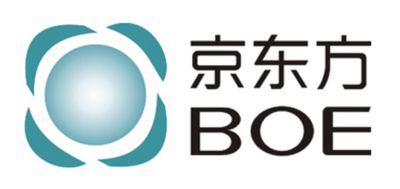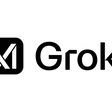Apple was hoping to use OLED panels sourced from display manufacturer BOE for some of the iPhone models coming in 2020, but BOE will not be a supplier for the first batch of panel shipments for the new iPhones due to manufacturing issues.

According to DigiTimes, BOE has failed to secure Apple's validation for the OLED screens.
Apple is planning to release four OLED iPhones this year, measuring in at 5.4 inches, 6.1 inches (x2), and 6.7 inches. The 5.4-inch iPhone and one 6.1-inch model will be positioned as more affordable successors to the iPhone 11, while the other 6.1-inch iPhone and the 6.7-inch model will be "Pro" devices that follow the iPhone 11 Pro.
Samsung Display will be the major OLED panel supplier for all of the new iPhones, while BOE and LG Display were developing OLED screens for the entry-level 6.1-inch iPhone model. BOE is working out the quality issues impacting its manufacturing and is hoping to begin shipping OLED panels to Apple in the fourth quarter of 2020.
LG Display will pick up the slack and plans to ramp up shipments for the 6.1-inch model, shipping 23 to 25 million units up from the 18 to 23 million originally planned. Samsung Display is expected to ship 18 to 20 million units for the 5.4-inch iPhone, 16 to 18 million for the higher-end 6.1-inch iPhone, and 22 to 24 million units for the high-end 6.7-inch iPhone.
BOE's failure should not have a significant impact on the release date of Apple's 2020 iPhones as Apple can rely on Samsung Display and LG Display. Other factors may somewhat delay this year's iPhone lineup, and there have been rumors suggesting some or all of the iPhones could be announced in September and launched later, perhaps in October.
BOE began volume manufacturing flexible OLED panels in 2019, but its yield rate barely reaches around 20 percent at the current time, which Apple is unable to work with.
BOE is now trying to improve its yield rate by combining the front-end process of its B7 fab and the backend process of the B11 line, indicated the sources, noting that the B7 fab, also located in Sichuan, kicked off volume production in 2017 and has since ramped up its yield rate to about 70-80% recently.
If BOE's efforts to improve yield rate are successful, it could ship somewhere around two million OLED panels to Apple in 2020, but that's a best case scenario.
DigiTimes' report confirms rumors from earlier in June that suggested BOE had failed to deliver its first shipment of OLED panels for Apple's iPhone 12 due to an inability to pass OLED quality control tests.






















